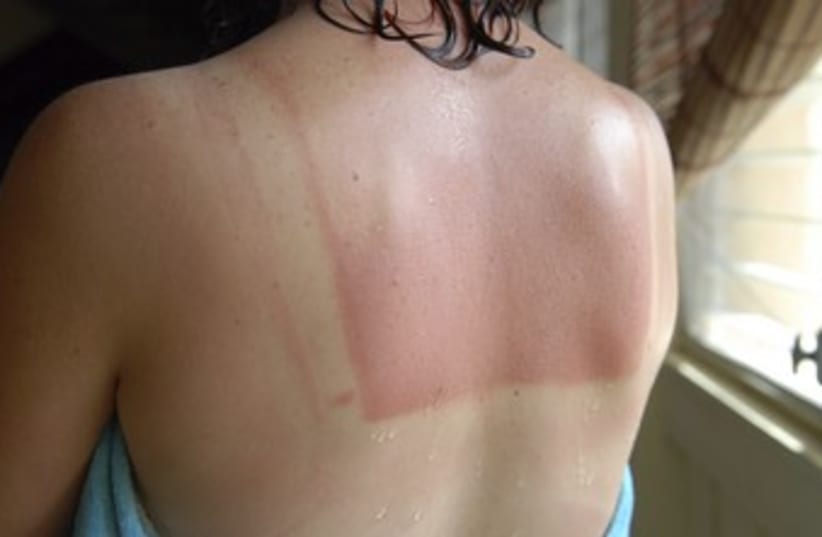Natalie runs a clinic both in Tel Aviv and Jerusalem offering a wide range of natural treatment. Healing is achieved using homeopathy, reflexology, massage, flower remedies and nutritional wisdom.
To make an appointment please email nateopath@gmail.com.
Someone Once Said: "Let food be thy medicine and medicine be thy food" - HippocratesFollow @JPost_Lifestyle
